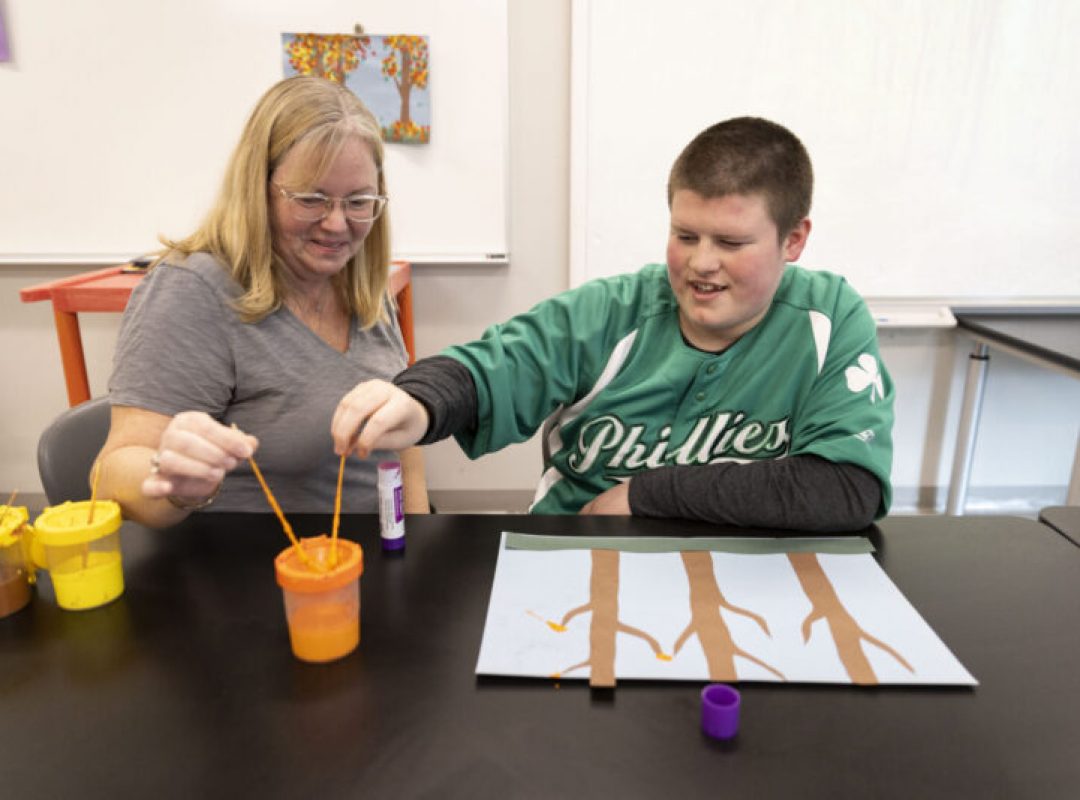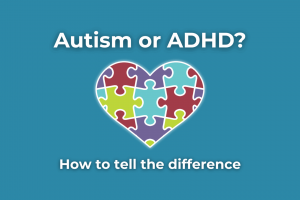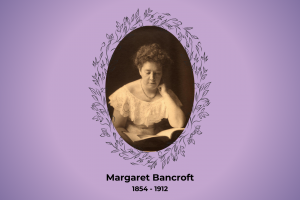Bancroft awarded $300,000 grant to study how medical conditions influence challenging behavior
Bancroft’s Senior Director of the ABA Center of Excellence, Tracy L. Kettering, Ph.D., BCBA-D, has been awarded a Clinical Research Pilot Grant from the New Jersey Governor’s Council for Autism. The three-year, $300,000 grant will fund the project “Development and Preliminary Evaluation of a Clinical Protocol to Identify Medical Influences on Challenging Behavior in Individuals with Autism.”
The study addresses a long-recognized gap in care: how medical conditions, such as gastrointestinal discomfort, chronic ear infections, or dental pain, can contribute to behaviors that may be mistaken for purely behavioral challenges. Working with a multidisciplinary team and input from autistic individuals and their caregivers, Dr. Kettering’s research aims to develop a clinical protocol that helps behavior analysts identify when medical factors may be involved and collaborate more effectively with healthcare providers.
Improving collaboration and care
Kettering said the project builds on years of clinical experience at Bancroft. “We really want to figure out what the best practice is and provide guidance to our teams so they can better collaborate, advocate, and support the individuals in our care.”
She noted that the effort was inspired by real cases in which medical treatment significantly reduced challenging behaviors. For example, one individual with severe behaviors showed major improvement after a gastrointestinal issue was properly treated in coordination with medical and behavioral teams. Similar outcomes have followed when identifying dental issues or chronic ear infections that had gone unnoticed.
Setting new standards in autism research
“Unfortunately, we’ve learned over the years that medical testing and diagnosis and generally access to quality healthcare aren’t available to many of the individuals in our care,” Kettering said. “Even efforts to collaborate aren’t always effective, and we’re really hoping this can help us to guide internal and external best practices.”
The findings from this study will guide best practices across Bancroft’s own programs and the wider autism services community, advancing interdisciplinary collaboration and setting a new standard for evidence-based, compassionate care in autism treatment.









